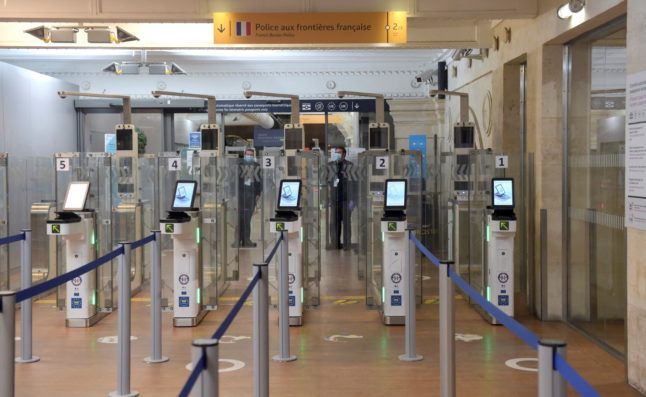Of the 833 new fatalities, 605 were hospital deaths since Sunday and 228 were deaths reported from the country's elderly care homes (known as Ehpads) since March 1st.
However the hospital number in itself was a new record of daily reported fatalities, surpassing Friday's 588.
It was France's Health Minister Olivier Véran who himself brought the sinister news after the country on Sunday saw its lowest daily death toll in a week (357), sparking hopes that the country had reached the peak of the epidemic curve.
“We have not reached the end of the ascent of this epidemic,” Véran said.
“It is not over. Far from that. The path is long. The figures that I have announced show this,” he said. “Stay at home and continue this confinement effort,” he added.
The overall death toll includes 6,494 patients who died in hospital (up from 5,889 on Sunday) and 2,417 in old age homes and other medical facilities (up from 2,189), Véran said.
“The protection of the country's most fragile is our absolute priority,” the health minister said, reminding the public that that not all Ehpads had reported their coronavirus death tolls yet so the true number of victims was likely higher.
Véran said the government would launch a “large scale operation” to test health workers and residents in the country’s Ehpads for the virus.
The total number of intensive care patients increased to 7,072 on Monday, up by 94 compared to the previous day.
That reflected the smallest jump in intensive care admissions since the lockdown began on March 17th and followed a trend in recent days of a slowing in the growth of patients in intensive care.
On Sunday the rise in the number of intensive care patients was 140, compared to 176 on Saturday, 263 on Friday and 382 on Thursday.
 France's Health Minister Olivier Véran. Photo: AFP
France's Health Minister Olivier Véran. Photo: AFP
“We see that the confinement has a palpable impact. In France we are beginning to feel it,” said health minister Veran.
In total, 29,722 people in France were on Monday hospitalised for the coronavirus, including 831 new admissions in one day.
Since the beginning of the epidemic, 17,250 people have successfully recovered and been discharged.
'The lockdown is saving lives'
France has been on national lockdown since March 17th in an effort to stem the spread of the coronavirus in the population.
Véran said on Monday that the confinement (lockdown) was proving successful in the contamination rate.
Before the lockdown, every person carrying the virus was expected to contaminate 2,5 other people. Now, the number had decreased to 1, Véran said.
If the number is under 1.0 it means the average victim infects less than one person, giving hope that the epidemic will end.
“The impact of the lockdown is visible in the areas where the virus is circulating actively,” Véran said.
“We are convinced that the lockdown is saving lives.”



 Please whitelist us to continue reading.
Please whitelist us to continue reading.
Member comments